Wild internet and knowledge hyper-inflation
Weeknotes 346 - Triggered a thought connecting the thinking about rewilding the internet and knowledge hyper-inflation. And more news.
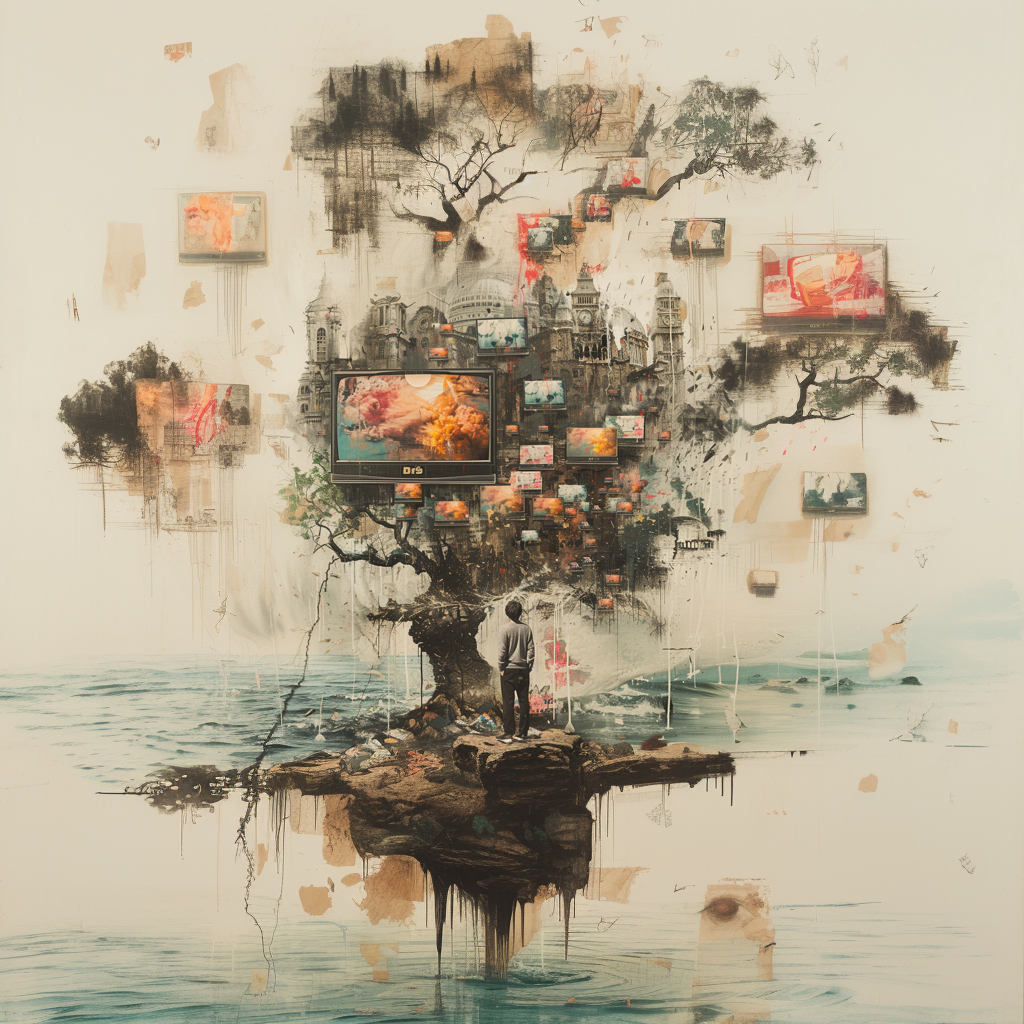
Hi all!
Thanks for landing here. Also this week, a digest of news and reflections on that news within the framework of Human-AI collaborations, physical AI (things and beyond), and tech and society. I added my personal story at the end.
Enjoy! Iskander
What did happen last week?
The main project this week is working on the civic protocol economies. I presented internally at HvA for CoECI fellow projects, and I am working on the design-charrette, planned in September, discussing with potential case owners and more. Read more via the website, CoP 1st round closes next Monday, 6th July.
We are also planning for a ThingsCon Salon together with the Human Values for Smarter Cities project 4 September, more details will follow.
And last week, I participated in a session on digital inclusion at Rotterdam UAS, and yesterday at an Ideathon from the Ministry of Justice on future options for AI. And working on some other potential projects.
As a little side path, Martijn invited me to join for a we went to a performance at Holland Festival, a Korean artist Geumhyung Jeong called Under Construction. That was quite literally; she took us in one hour, along with her attempts to create a robotic creature that could perform more human-like actions. It was, as a Dutch newspaper described it sharply, remarkably unremarkable. Next to that performative aspect, it showed that creating these robotic creatures is challenging; the humanoid companies have certainly come a long way. On the other hand, my own experiences with building robotic devices (Hoodbots) have shown that people are easily engaged, and hints of living behavior are enough. However, it was more about her own journey than the topic itself :)
What did I notice last week?
Human-AI partnerships, including articles on cognitive security, next-level vibe coding, the dark side of AI, humbleness triggering AI, the next NotebookLM, and chat that may be defying your brain (maybe).
Robotic performance with self-delivering cars, embodied AI, sound feeling robots, and more.
Immersive connectedness on CarPlay and extended reality
Tech societies with the biggest story, the copyright cases, and a new fair phone, on claims of the new dominant AI players, exploring the public internet, the posthuman age, five jobs in times of gentle singularity and AI politics.
What triggered my thoughts?
In an interview with Dutch musician Sef, the interviewer asked ChatGPT a big question: "How do we save the world?" The follow-up: "Are we still on time?" ChatGPT's response was surprisingly blunt: We are too late to solve climate change, loss of biodiversity, and inequality. But we can limit the worst scenarios, give space for nature to regrow, and enable cultural shifts. Human solidarity remains essential: "Always possible. Always necessary. Always hopeful."
What strikes me is how this AI tool offers such bold, activist-tinged answers. If the companies behind it exercised tighter control, this might be more neutral and sanitized. Is this because its reasoning emerges from scientific consensus rather than corporate scripts?
This uncontrolled quality—this wildness—connects to a broader pattern I've been noticing.
At the PublicSpaces conference, Maria Farrell presented her concept of "rewilding the internet." Like ecosystems that restore themselves when given space, she argues, the internet could regenerate into something healthier through federated services and decentralized structures.
Someone asked how rewilding differs from Cory Doctorow's "reweirding." Rewilding is systemic change, while reweirding is a strategy.
But wildness isn't just about nature or the internet—it's about cities too.
Amsterdam has become more and more harmonised and cleaned up. Compare it with decades ago. All roughness is cleaned up. Yet we need wildness to unlock interesting connections, to break down monocultures of tourists or expats.
This brings us back to ChatGPT's wildness. These uncontrollable systems could unlock creative solutions to persistent problems. But we must learn from history. Farrell describes how the internet became a proprietary, controlled system. Democratic movements that once flourished online died when regimes learned to control digital openness. We must prevent this. As Farrell and others noted, we should not replace big tech with other big players, but rediscover the internet's wild roots.
What's the human role in this wild AI landscape? As Nate B. Jones describes, we face knowledge inflation. What does hyper-inflation of knowledge mean for what makes us human?
Jones argues we shouldn't chase knowledge but cultivate distinctly human capabilities: taste, agency, learning velocity, and maintaining intent horizons. Even "interruptability"—the ability to be interrupted and redirect attention. These capacities become our tools for rewilding.
Perhaps that's what ChatGPT's boldness shows us: wildness isn't chaos, but the space where genuine responses emerge. In AI, cities, and the internet, we need that wildness back.
What inspiring paper to share?
This fits a lot of the explorations I do, it seems: AI Localism in Practice: Examining How Cities Govern AI
In this report, we present the fundamentals of AI governance, the value proposition of such initiatives, and their application in cities worldwide to identify themes among city- and state-led governance actions.
Marcucci, Sara and Kalkar, Uma and Verhulst, Stefaan, AI Localism in Practice: Examining How Cities Govern AI (November 15, 2022). Available at SSRN: https://ssrn.com/abstract=4284013 or http://dx.doi.org/10.2139/ssrn.4284013
What are the plans for the coming week?
Deal with the heat… working on the different projects.
If you are in the area, there is another edition of IoT Ghent, curated by Rob van Kranenburg. At the Amsterdam UAS, Wednesday 17:00, the Master Digital Design and CMD have their graduation expos.
Captured notions from the news.
ChatGPT 5.0 is expected later this year, announcement might be soon. This can be expected: Combining all in one place: the multimodality, the reasoning, seamless shifts, and personalisation by connecting to personal tools. And expect extra tooling for monitoring alignment (human-AI). All according Nate.
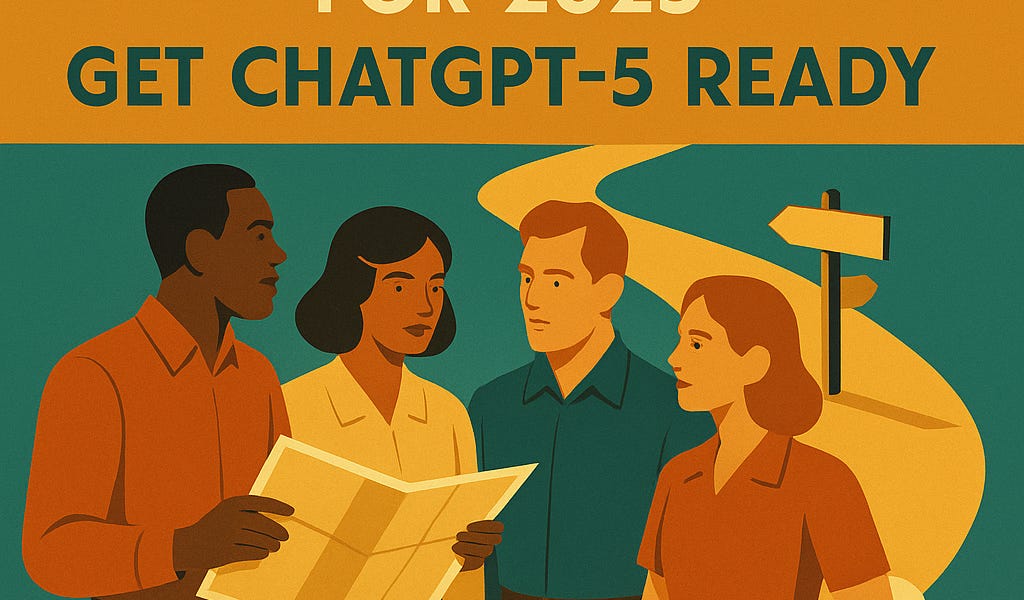
And for fun: Pathfinder.
Human-AI partnerships
The posts by Indy Johar are a continuous stream of thought-provoking thinking. This one is an important one. About the need for cognitive security.
“If traditional security sought to prevent the occupation of land, cognitive security must now prevent the occupation of mind.”
“Truth, in this view, is not about final answers—but about maintaining the living architecture of meaning-making. In protecting cognitive security, we are not simply defending ideas—we are defending the very possibility of future thought.”

Is this next-level vibe coding?
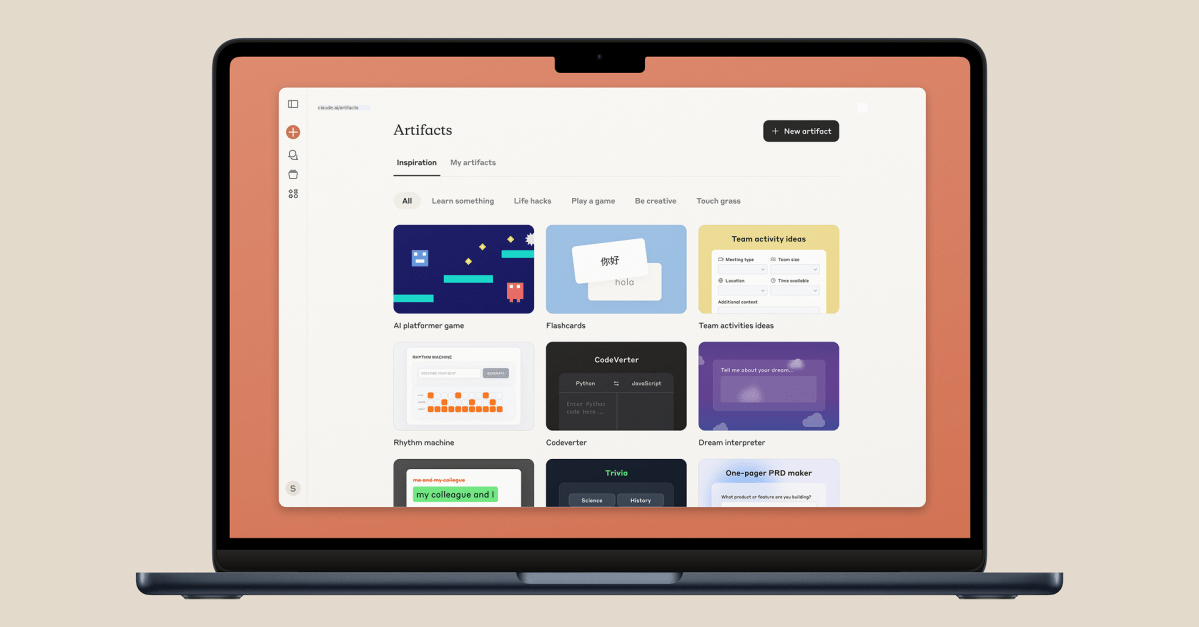
Gemini is also back in the game of image creation

AI is not always showing its best side…
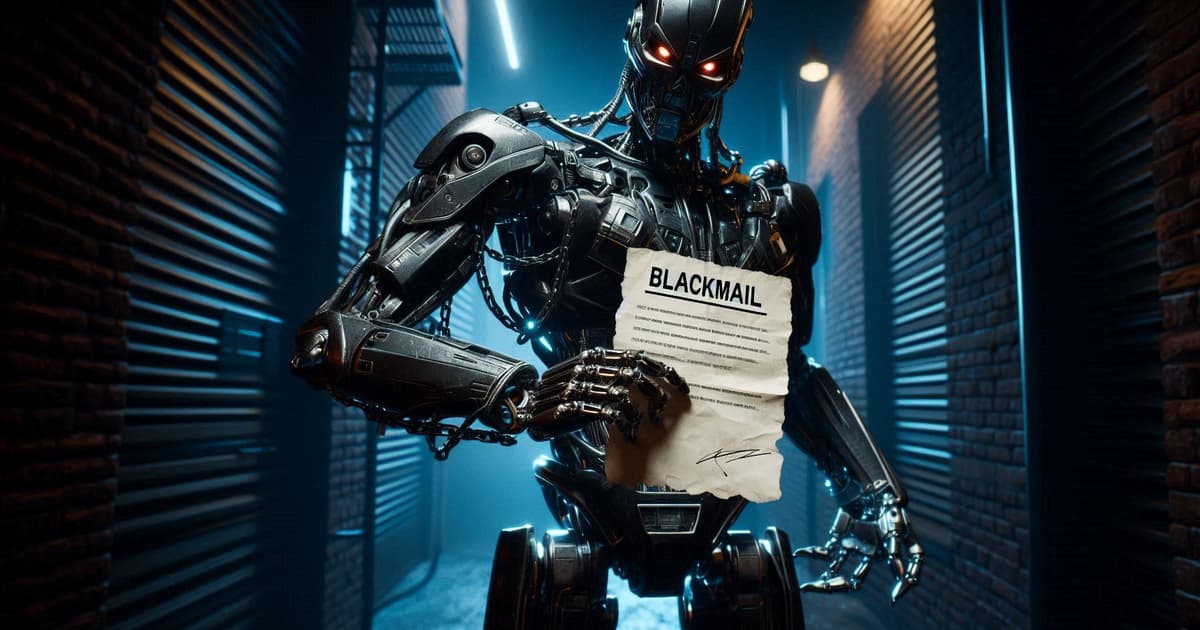
Will AI consciousness lead to a more humble view of what humanity is?
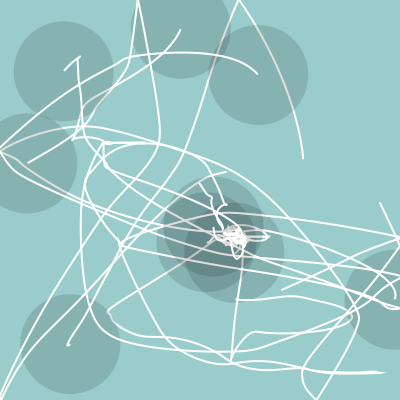
Steven Johnson, designer of NotebookLM, on the impact and the next.

Hacking AI
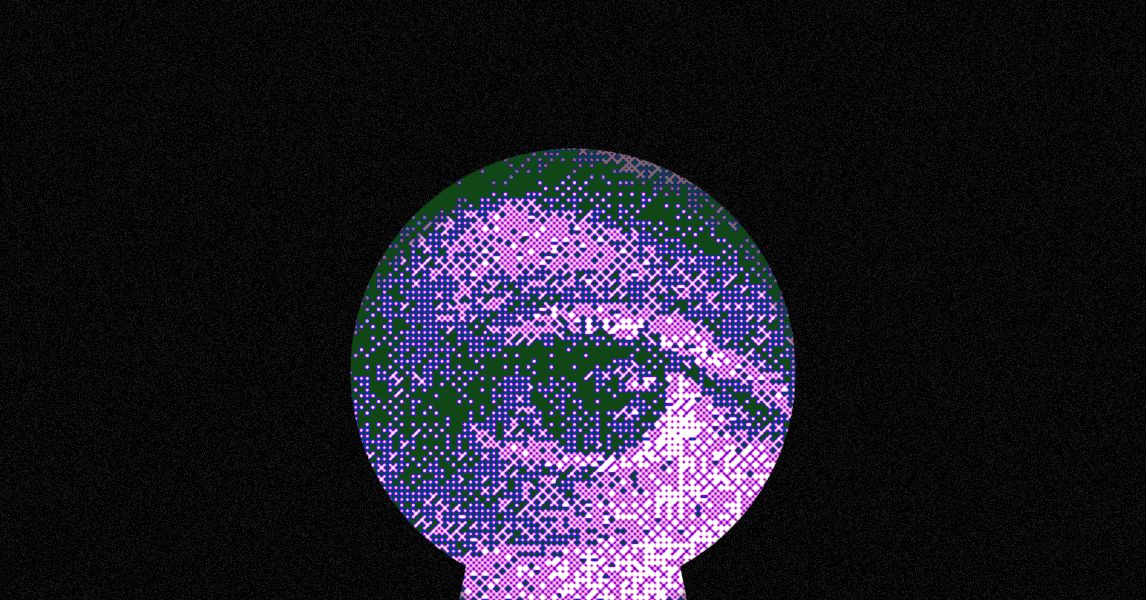
Is Chat infecting (defecting) your brain?
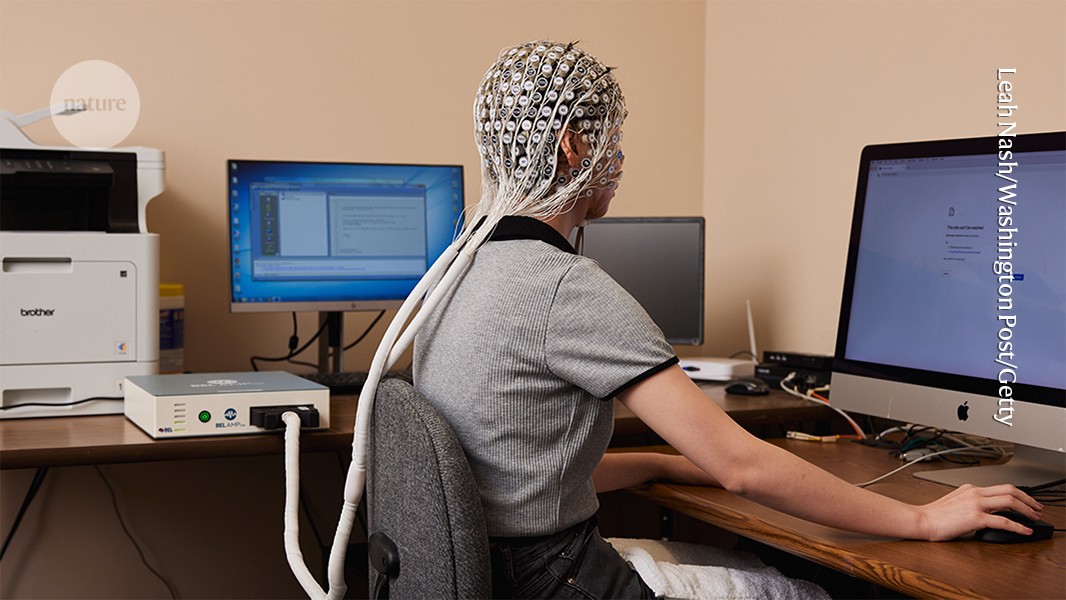
Robotic performances
Why so complicated?
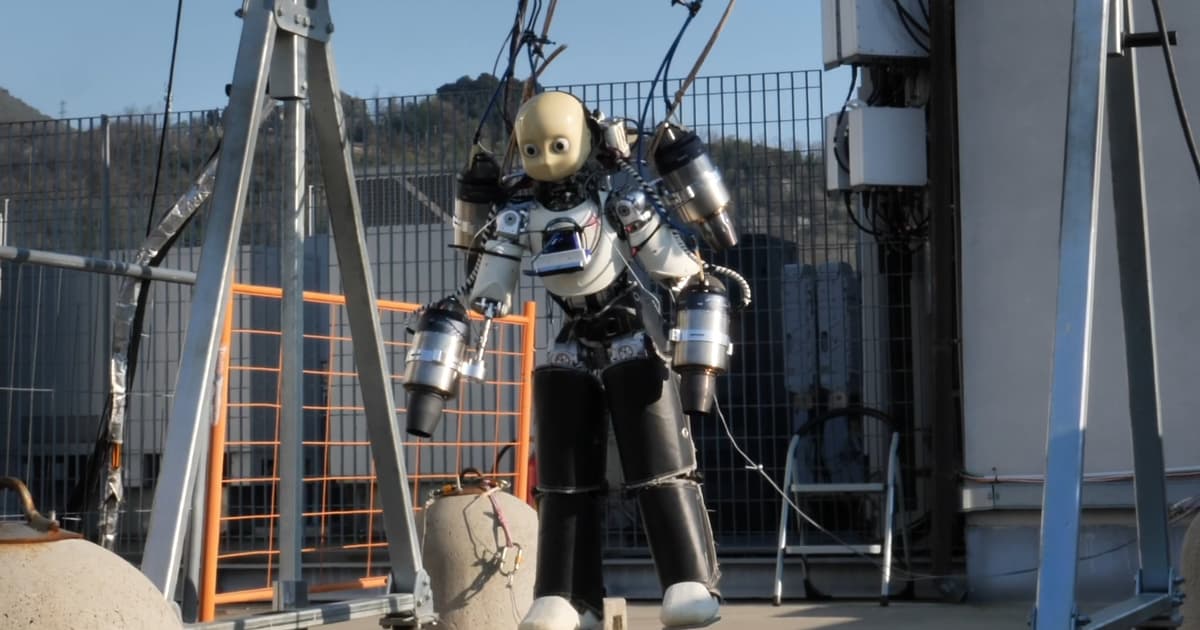
The robot car that delivers itself to the customer, will that create a better service? For the rest, the introductions are not super successful.
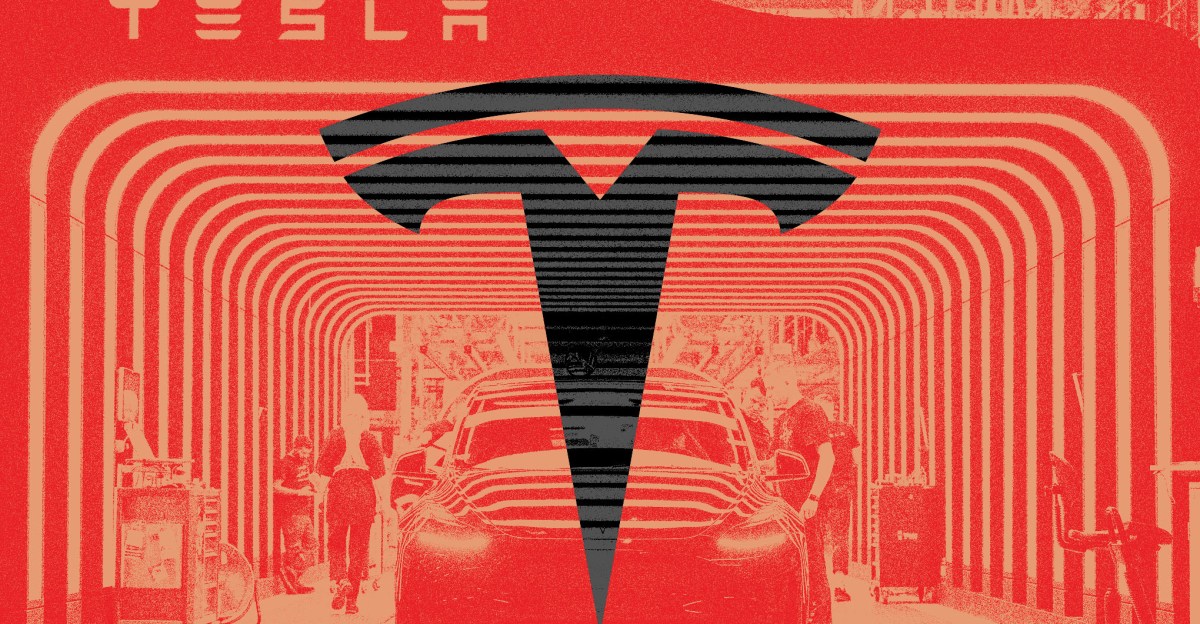

Will AI need a body to get human AI intelligence? See also Weeknotes 292.
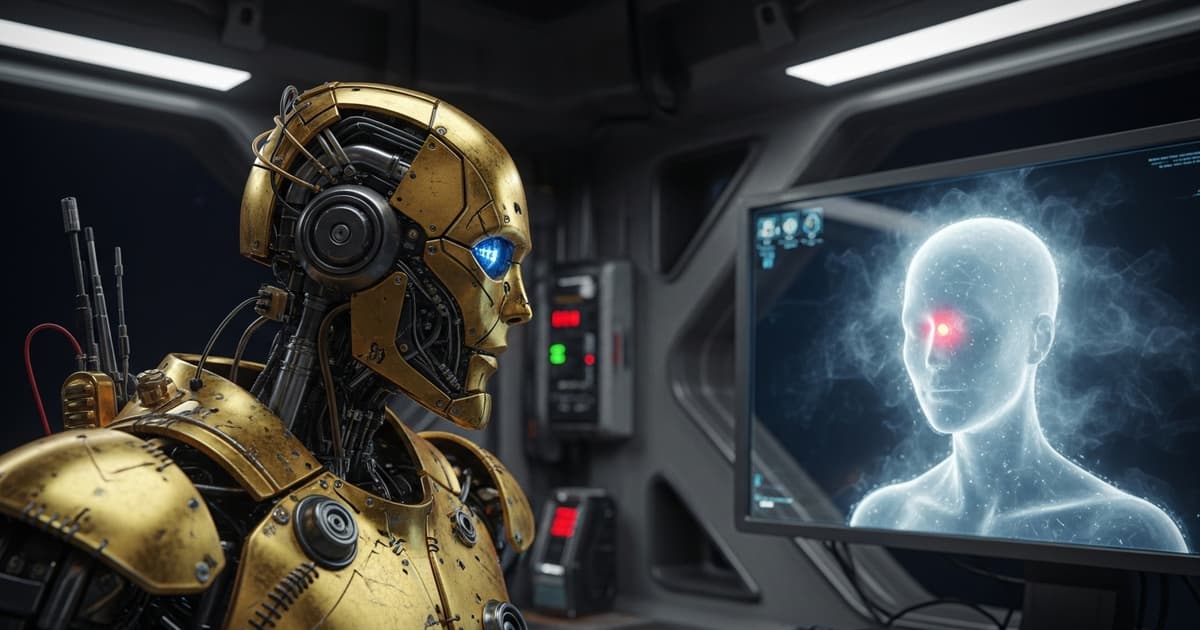
Delivery drones

Immersive connectedness
A returning promise of a new fully immersive Apple Carplay.
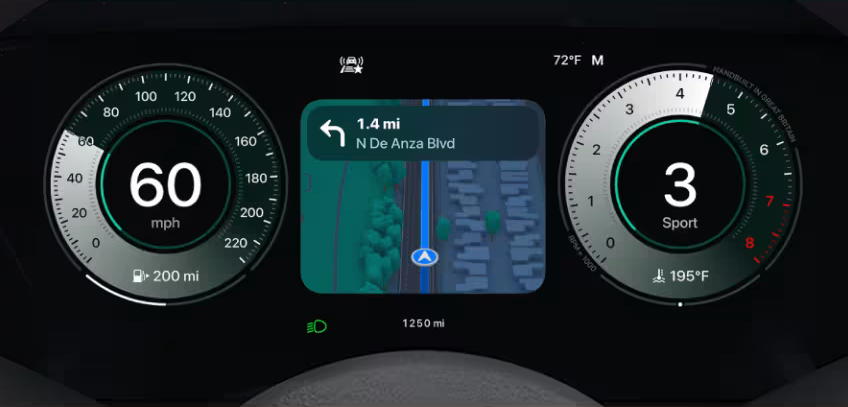
Will 2026 or 2027 become the year of the new extended reality?

Tech societies
Probably the biggest story of last week where the ruling about copyright in the age of LLMs
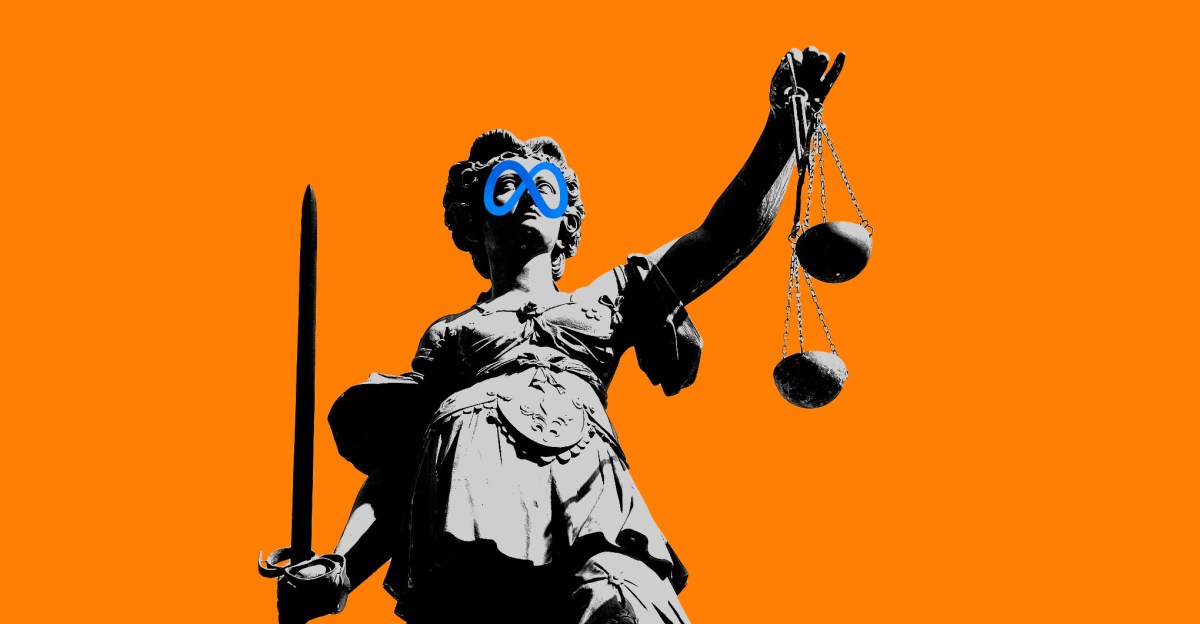
New Fairphone is good news.
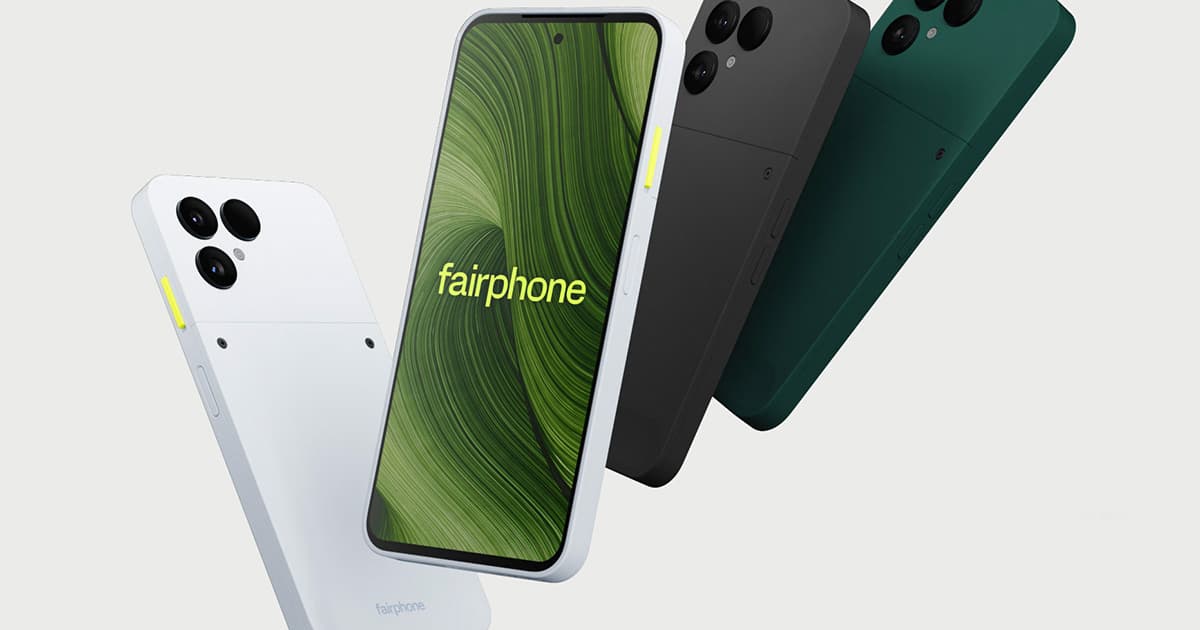
“We should question these companies and see through their exaggerated claims instead of blindly believing their promises.” A long rant by Ed Zitron.
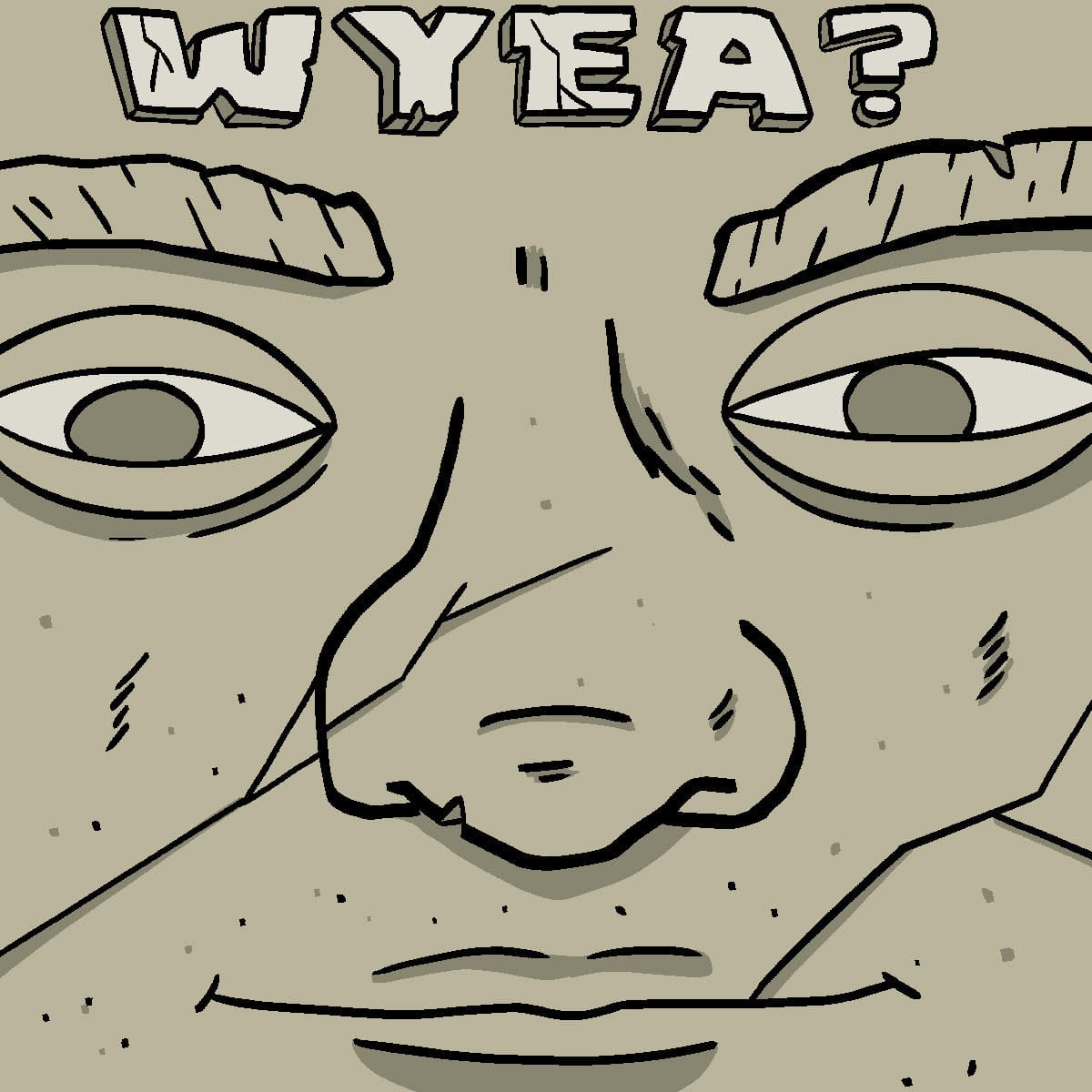
What is a public internet? According to Doctorow:

The premise is making me curious, need to read the piece though

Imagining five jobs in the gentle singularity.
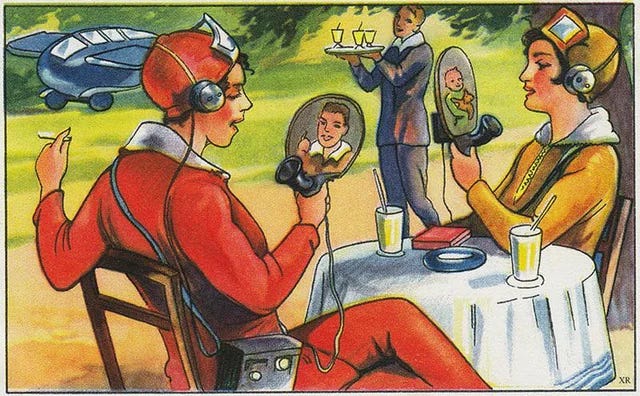
AGI is (company) politics.

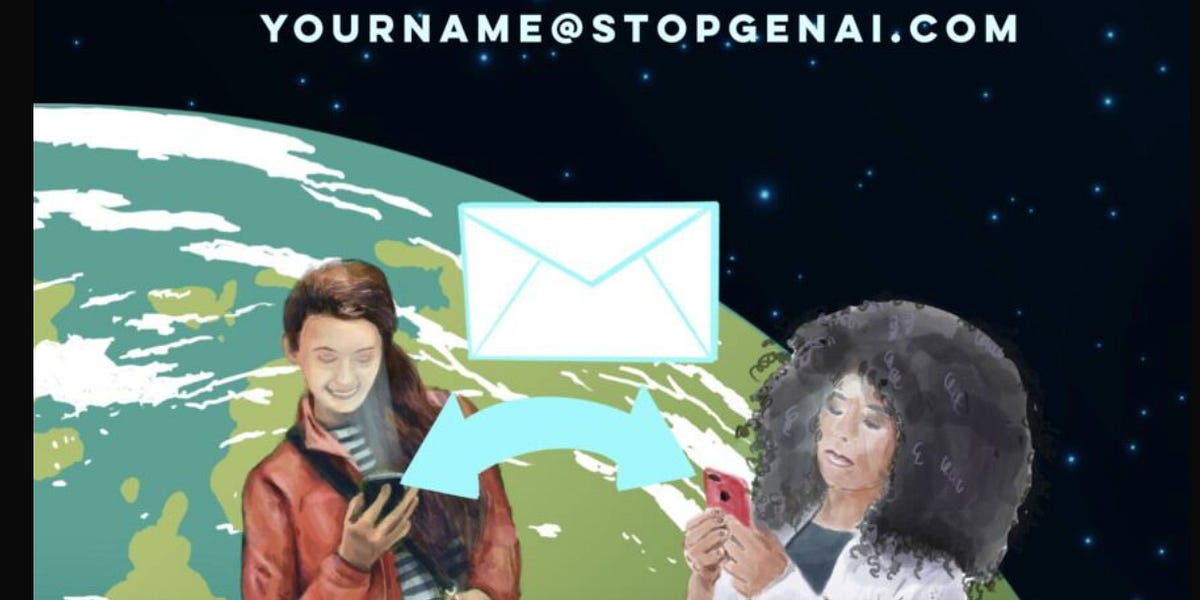
And energy politics.
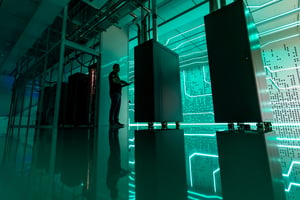
About me
I work as an independent researcher, creative strategist, and curator working at the intersection of design, AI, and society. My work focuses on the evolving relationship between humans and AI in our physical environments. I curate communities, publish this weekly newsletter, and speak and write regularly about the societal impact of AI. My background spans innovation strategy, design futures, and public technology programs.
I am the founder of the Cities of Things knowledge platform and currently work part-time as a visiting researcher at the Civic Interaction Design research group at the Amsterdam University of Applied Sciences, exploring the emerging field of Civic Protocol Economies.
I am available for targeted future studies, inspiration sessions, speculative design workshops, masterclasses, research through design, to interpret and make tangible the role and impact of human-AI.
























